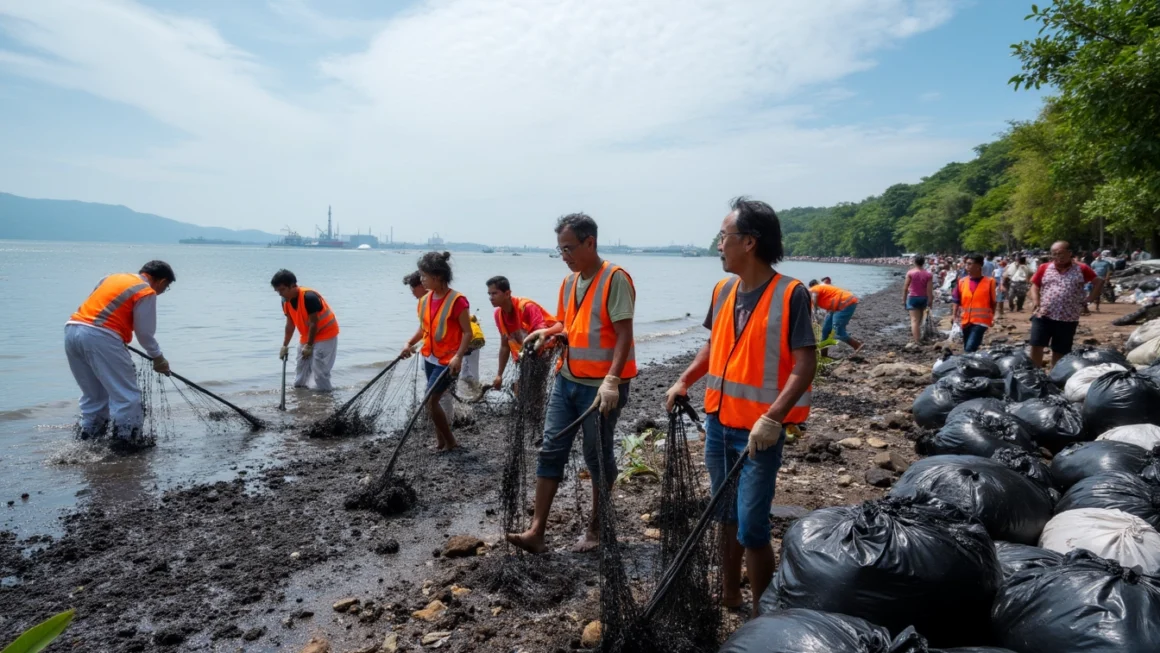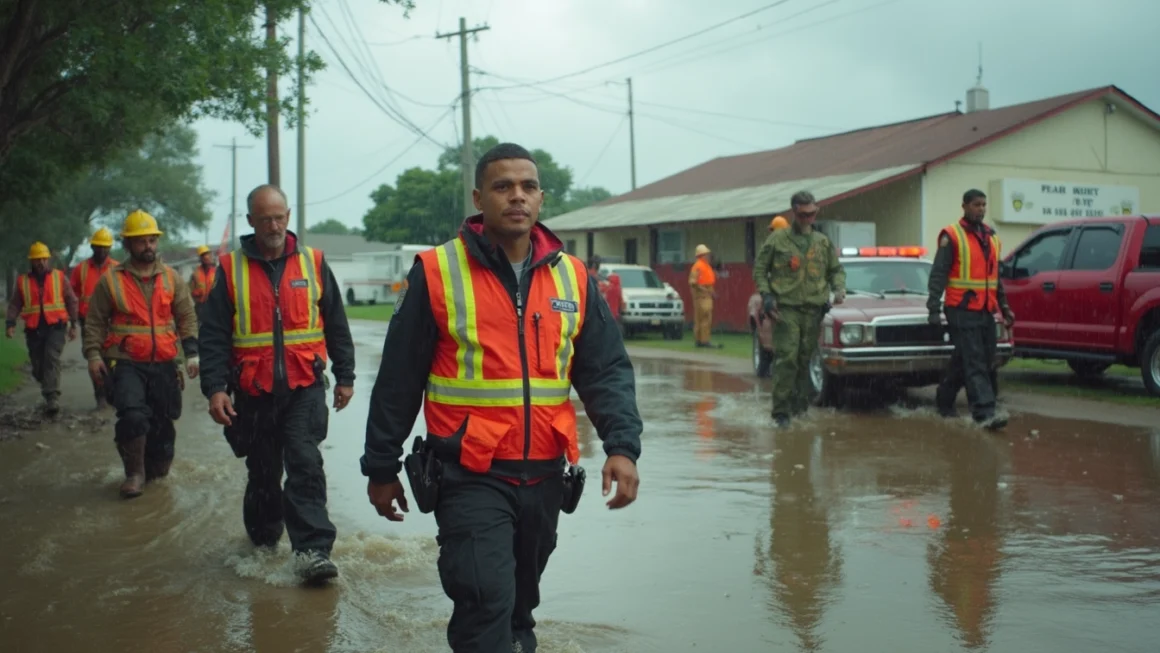Introduction to the Shell Oil Leak Incident
Table of Contents
In a recent environmental incident that has drawn widespread attention, over 30 metric tonnes of oil slop leaked into the sea off Bukom Island, Singapore. This spill, linked to Shell, raises pressing questions about environmental safety and corporate responsibility. What caused this significant leak, and what are its ramifications on marine life and coastal communities? These issues demand an urgent review and response.
Understanding the Impact of Oil Spills
Oil spills have long been recognized as detrimental to marine ecosystems. The immediate effect is clearly visible as oil slicks cover the water surface, affecting marine life and local wildlife. Furthermore, the chemicals from oil can persist in the environment, potentially causing long-term ecological damage. The economic implications are widespread, influencing fishing, tourism, and local industries.
The Environmental Consequences
- Marine Life: Oil seeps into the feathers of birds, impairing their ability to fly, and coats marine animals, affecting their buoyancy and temperature regulation.
- Water Quality: It reduces water quality, threatening coral reefs and the overall marine ecosystem.
- Food Safety: Toxins present in the oil can accumulate in fish and shellfish, posing health risks to humans.
Economic Repercussions
- Fishing Industry: Oil spills can decimate fish stocks, impacting the livelihood of fishing communities.
- Tourism: The sight of an oil spill can deter tourists, damaging the local economy reliant on tourism.
- Cost of Clean-up: The financial burden of cleaning up an oil spill and restoring affected areas can be significant.
Corporate Responsibility and Regulation
In the aftermath of this spill, there is a renewed call for stricter environmental regulations and corporate accountability. Companies involved in oil production and transportation must adhere to stringent safety protocols to prevent such occurrences. It’s not just about protecting the environment—compliance is crucial to sustain business operations and public trust.
Importance of Stringent Safety Measures
Implementing rigorous safety standards and regular inspections can significantly reduce the risk of oil spills. Additionally, investing in better containment and response strategies can mitigate the damage caused when spills occur. Steps such as these ensure that companies are prepared to handle any situation effectively.
Technology’s Role in Prevention and Monitoring
Modern technology offers innovative solutions to prevent and monitor oil spills. Automation technologies, for example, can be utilized to detect leaks promptly and initiate protective measures. Integrating smart monitoring systems ensures swift action, limiting potential environmental and economic damages. Discover how automation can enhance operational efficiency and environmental protection through platforms such as this automation website.
Conclusion: Moving Forward with Sustainability
The Shell oil leak off Bukom Island is a reminder of the ongoing challenges in balancing industrial processes with environmental stewardship. To safeguard our planet, it is imperative for corporations, governments, and communities to collaborate towards sustainable practices. By fostering innovation, accountability, and stringent regulations, the risk of future spills can be dramatically reduced.
What can be done today to ensure a cleaner ocean tomorrow? This question guides us as we devise solutions to protect the marine environment and promote a sustainable future.




